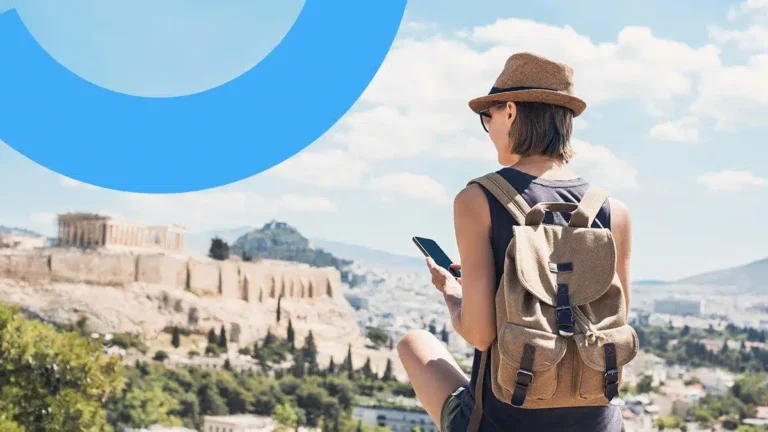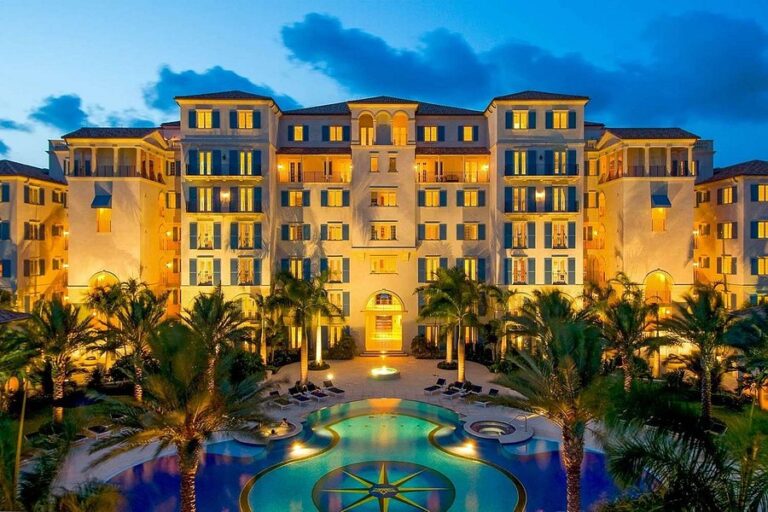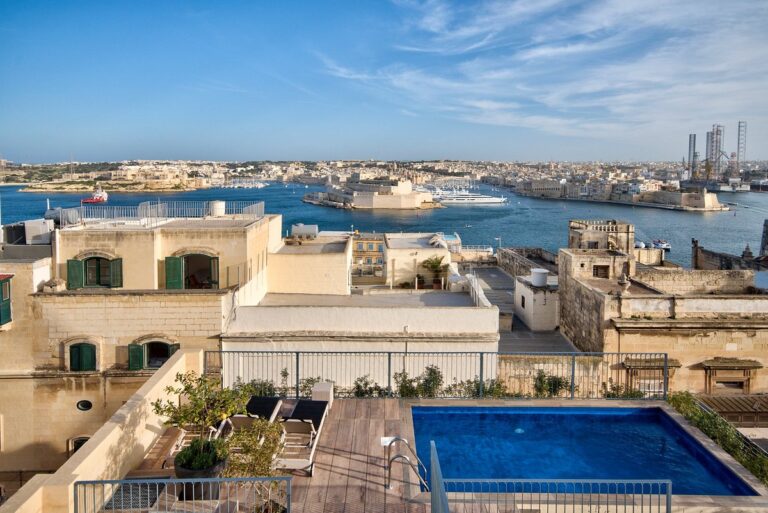TL;DR – Quick Guide to Mallorca
Mallorca is a Mediterranean paradise blending stunning beaches, dramatic mountains, charming villages, and vibrant culture. Whether you’re after secluded coves like Calo des Moro, hiking the UNESCO-listed Serra de Tramuntana, or enjoying Palma’s historic old town, Mallorca offers unforgettable experiences year-round.
Best time to visit: May to October for warm weather and festivals.
Getting there: Palma de Mallorca Airport (PMI) connects well internationally.
Top tips: Rent a car for flexibility, stay in Palma or Pollensa for authentic vibes, and explore beyond the tourist hotspots for true local flavor.
Budget: Expect €70–€150/day depending on accommodation and activities.
Discovering Mallorca: A Local’s Perspective
Having lived and traveled extensively across Mallorca, I can confidently say this island is far more than a summer beach destination. It’s a place where history, nature, and gastronomy intertwine beautifully.
My personal favorite moments include sipping coffee in Palma’s Mercat de l’Olivar, hiking the rugged trails of the Serra de Tramuntana, and driving the thrilling hairpin bends to Sa Calobra. These experiences reveal Mallorca’s soul beyond the crowds.
Must-See Places & Things to Do
Palma de Mallorca – Historic & Vibrant
Explore Palma’s Gothic La Seu Cathedral, stroll through the atmospheric old town with its quaint squares, and savor tapas at Mercat de l’Olivar. Don’t miss the hidden art spaces like ABA ART LAB for a taste of local creativity.
Serra de Tramuntana – Hiking & Nature
This UNESCO World Heritage site offers breathtaking mountain trails with views over the Mediterranean. Hike from Valldemossa to Deià, or challenge yourself with the dramatic descent to Sa Calobra. The natural beauty here is unmatched.
Hidden Beaches & Coves
Skip crowded beaches and visit Calo des Moro or Caló des Grells for crystal-clear waters and tranquility. Arrive early or by boat to avoid the crowds and enjoy pristine swimming spots.
Pollensa & Alcúdia – Culture & Relaxation
Pollensa’s cobbled streets and traditional markets offer a peaceful retreat, while Alcúdia’s Roman ruins and sandy beaches provide a blend of history and leisure. Staying here gives you a more local, laid-back experience.
Where to Stay: Accommodation Insights
Accommodation in Mallorca ranges from luxury villas and boutique hotels to rural fincas and budget hostels. For first-timers, Palma is an excellent base with easy airport access and vibrant city life. If you prefer tranquility, consider staying in Pollensa or Deià, where you can enjoy authentic Mallorcan hospitality and stunning natural surroundings.
Typical nightly rates (2025 estimates):
Hostels & Guesthouses
€30–€60
Hotels & B&Bs
€70–€150
Villas & Resorts
€200+
How to Get Around Mallorca
Renting a car is by far the best way to explore Mallorca’s diverse landscapes and hidden gems at your own pace. Public transport exists but is limited outside Palma. For scenic routes, consider the historic Serra de Tramuntana train or boat trips along the coast.
Pro tip: Drive carefully on mountain roads like the Sa Calobra route—the views are spectacular, but the hairpin bends demand attention.
When to Visit & How to Get There
The best months to visit are from late spring to early autumn (May to October), when the weather is warm and festivals abound. July and August are peak tourist months, so expect higher prices and crowds.
Getting there: Palma de Mallorca Airport (PMI) is the main international gateway, with frequent flights from Europe and connecting flights worldwide.
Suggested Budgets & Money-Saving Tips
Daily budgets vary by travel style, but here’s a realistic breakdown:
€50–€70/day
Hostels, street food, public transport
€100–€150/day
Mid-range hotels, dining out, car rental
€250+/day
Villas, fine dining, private tours
Money-saving tips: Book accommodations early, eat at local markets, use public transport within Palma, and explore free hiking trails.
Recommended Tours & Experiences
To deepen your Mallorca experience, consider these tours:
- Serra de Tramuntana Hiking Tour: Guided walks through stunning mountain scenery.
- Palma Food & Tapas Tour: Taste local specialties with expert guides.
- Boat Trip to Sa Calobra & Torrent de Pareis: See dramatic cliffs and hidden beaches by sea.
- Wine Tasting in Binissalem: Discover Mallorca’s growing wine scene.
How Long Should You Stay?
For a thorough exploration, I recommend at least 7 to 10 days. This allows time to enjoy Palma’s city life, hike the Tramuntana mountains, relax on beaches, and visit charming towns like Pollensa and Alcúdia without rushing.
Staying Safe in Mallorca
Mallorca is generally very safe for travelers. Usual precautions apply: watch your belongings in crowded areas, avoid isolated spots at night, and be cautious driving mountain roads. Emergency numbers:
- Emergency Services (Police, Fire, Ambulance): 112
- Tourist Police (Palma): +34 971 234 567 (example)
- Hospital Son Espases (Palma): +34 971 234 567
Getting Around the Area: Maps & Directions
Here’s an embedded map showing key Mallorca highlights for your itinerary planning:
Frequently Asked Questions About Mallorca
What is the best time to visit Mallorca?
May to October offers warm weather, festivals, and lively atmosphere. July and August are peak season with more crowds and higher prices.
Is it necessary to rent a car in Mallorca?
Renting a car is highly recommended to explore remote beaches, mountain villages, and hidden spots not easily accessible by public transport.
What are must-try local foods?
Try sobrassada (cured sausage), ensaimada (pastry), fresh seafood, and local cheeses like queso mahón. Visit markets like Mercat de l’Olivar for authentic tastes.
Are Mallorca beaches crowded?
Popular beaches can be crowded in summer, but hidden coves like Calo des Moro and Caló des Grells offer quieter alternatives if you arrive early or by boat.
How safe is Mallorca for tourists?
Mallorca is very safe with low crime rates. Normal travel safety precautions suffice. Emergency number is 112 for any urgent help.
Final Insider Tip
To truly capture Mallorca’s essence, spend mornings exploring local markets and afternoons hiking or beach-hopping. Avoid peak tourist times by visiting early or late in the season, and embrace the island’s slower pace to enjoy every moment fully.
WakaAbuja has made every effort to ensure that the information in this post was correct at the time of publication. However, we do not assume any liability caused by errors such as pricing, hours, or location details.
Please consult official websites or social media pages for the most up-to-date information




